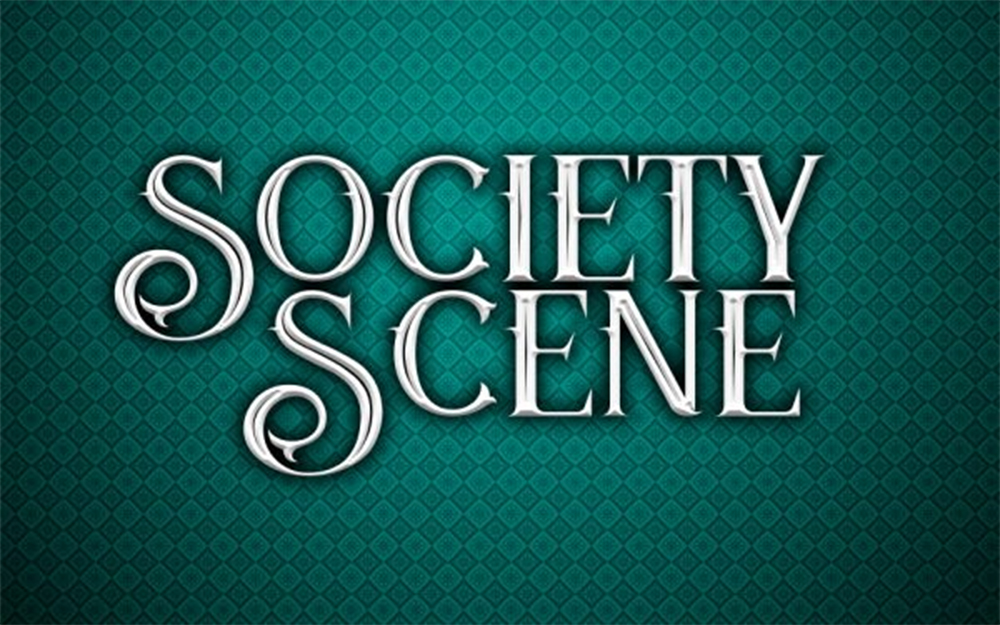by Heidi Simmons
“Working Backwards From the Worst Moment of my Life”
Stories
Rob Roberge
Short stories are some of the best ways to not only experience great literature but also life itself. Though short stories don’t always hew to literary rules, they absolutely require a creative and intelligent construction of language that resonates in some way with our human condition.
In the last four weeks this column has highlighted writers who capture that spirit: Etgar Keret, Dan Chaon and Aimee Binder — all masters of creative story-telling. To end this series, I have saved what I think is the best for last. Rob Roberge’s Working Backwards From The Worst Moment in my Life (Red Hen Press, 103 pages).
Roberge, a CV resident, may not be well-known, but he should be. The collection has eleven stories in just 103 pages. It may be a slender volume, but it is rich in substance. Roberge writes with such precision and depth that his stories leave an impression of having spent quality time with a great American novel. They are like standing in front of a great piece of artwork — each word, a brush stroke.
In some ways, to describe the stories, lessens the impact and diminishes the potency. When reading Roberge, you’re engaged in an experience with those who live on the page: It’s being present with the characters at moments in their lives which are so complicated and their situations so intense, the details can’t be recounted if you aren’t present.
Here is a taste, a mere scratch at the surface:
In Swiss Engineering, the narrator, Ben, faces an identity crisis as he tries to deal with the death of his big brother Skip, who died from a brain tumor. The tumor had caused fugues — where Skip would black out and lose time. Ben is bequeathed his brother’s Volvo, a final gift Ben believes is a message from Skip to “be responsible,” and to “take care of something for once.”
Ben enters the Volvo in an amateur Demolition Derby. Not sure where the car is made, he calls it Swiss. He says, “What I’m hoping is that this is going to be like one of Skip’s fugues. That I’ll wake up in some parking lot or hotel room or restaurant and will remember none of what’s happening here. That something ugly has attached itself to my head, is growing inside me, is fucking me up, I want this. I want lost days.” As it happens, Ben and his Volvo take a beating.
An adult narrator considers his genealogy in Border Radio. The narrator’s grandfather practiced bad medicine in the United State and condemned his wife to a mental ward before fleeing to Mexico, taking his son with him, who is the narrator’s father. The grandfather starts a radio station broadcasting not only music and baseball across the border but the bogus cure for his hideous and deadly male potency treatment.
The narrator shares the sins of his grandfather, father and himself. At 13, the narrator witnesses and participates in the cover-up of a brutal murder by his father. He observes, recounts and confesses: “I’m descended from at least two generations of savage men and have lived my life clouded by a fear that what made them what they were flows through my veins and fires sick neurons in my head.”
Beano’s Deal is about a journalist named Gary who gets involved with Beano, a chimpanzee and champion boxer with 155 knockouts and no losses. Beano fought humans for $500 a pop and is retired living in Florida with his owner.
Gary, who once boxed, communicates with Beano using American Sign Language (although Beano can also read lips!). Beano tells Gary he wants his freedom. Beano says, “Box me for it. Same deal. You win, it’s the last you’ll hear from me.” Beano looks at Gary. “Come on kid. You think this is easy? I’ve never asked a human for help before.” “What would you do?” Gary says, “If you beat me?” “When I beat you,” Beano says. They fight and Beano knocks out Gary.
A drug addicted former child star, Billy Brody, finds himself in a drug deal gone bad in Whatever Happened to Billy Brody. Those involved agree to say nothing about the incident — accidents happen all the time. The narrator says: “Brody wants to believe this. Wants this, like so many things, to have not happened. Regret is not a strong enough word for what he’s feeling now.” Later the narrator continues: “None of this is his fault, he tries to tell himself, but still, it’s a sucker punch of a day and he feels like hell. Ambushed. Damaged.” But Brody goes to Vegas.
The title story, Working Backwards From the Worst Moment in my Life, is about Smart Guy and his dilemma when ordered by Pops, the man who gave him everything, to kill his best friend and “brother” Tommy. Pops feels responsible for Tommy’s failed suicide, and his resulting “zombie” condition. Pops is a bully who usually gets what he wants.
The stories are not all about the dark side of human nature. They are sometimes witty, ironic or redemptive. Roberge often tells his stories by jumping forward and backwards in time. He brilliantly complicates his characters and their dilemmas by unraveling their tales in bits and pieces that often leads to intense moments of emotional and physical crisis. Bad decisions, bad choices and bad luck make his characters real and riveting.
The book’s poetic and poignant title conveys the collection’s theme. Each story has someone who seeks to understand his or her condition. What brought them to this place, to this moment? How did life end up here, this way? At some point, if we’re lucky, we all consider what our lives mean. Sometimes, that process begins by working backwards from the worst moment.













































Comments are closed.